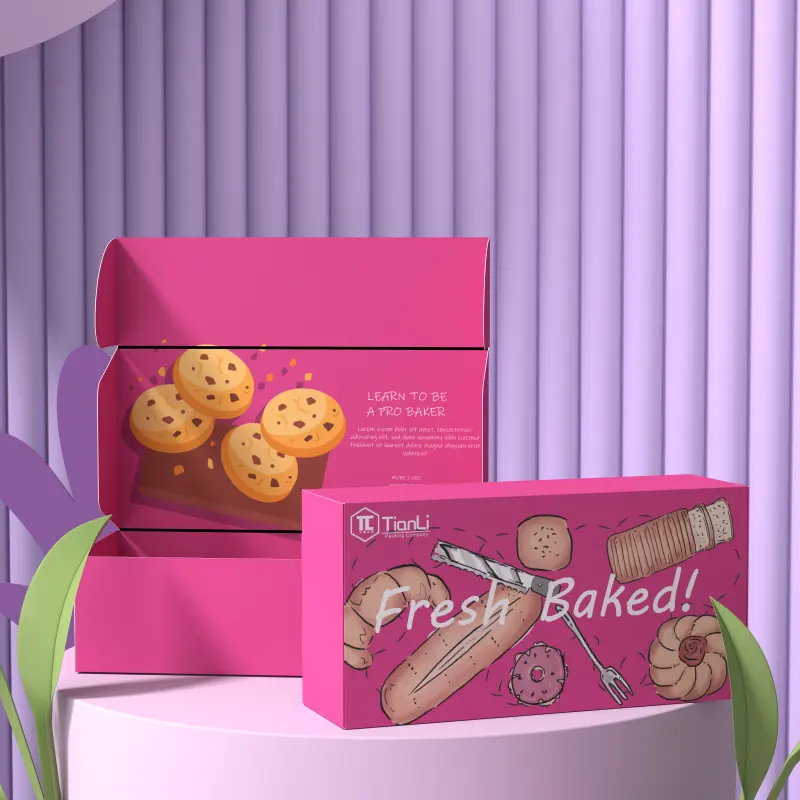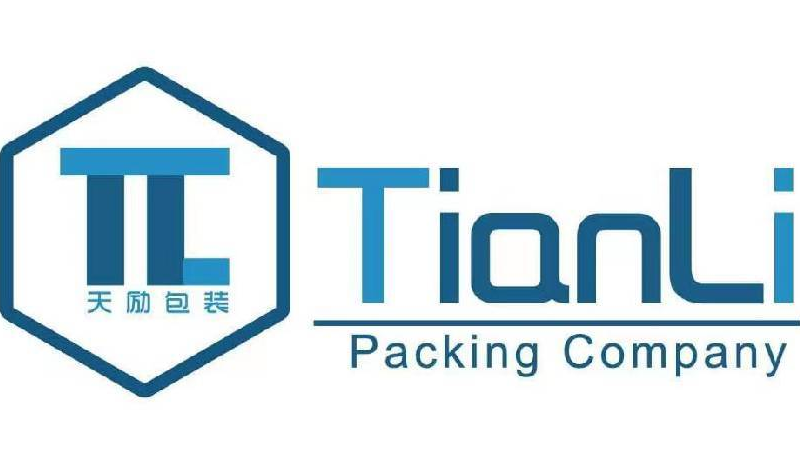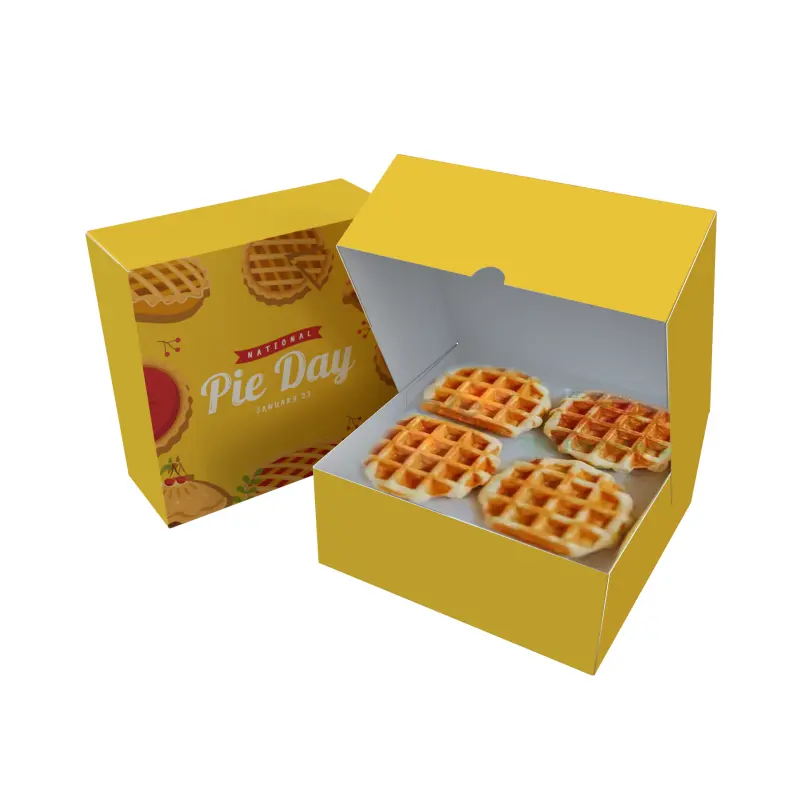Importance of Specialization in Food Packaging Expertise
Industry-Specific Knowledge for Food Safety
Food packaging professionals need solid understanding of food safety rules from FDA guidelines to HACCP practices. Why does this matter? Well, these regulations exist primarily to stop contamination issues and keep consumers safe when they open their packages. When companies skip over these standards, bad things happen fast. We've seen brands hit hard by product recalls that cost millions plus major hits to their reputation. The FDA actually reports that flawed packaging plays a big role in many foodborne illness cases, which makes specialized knowledge even more critical. Packaging firms with deep industry experience know exactly which materials work best for different applications while still meeting all those safety specs and lasting long enough on store shelves. Better material choices mean less wasted product sitting around too long, and that helps cut down environmental impact while building stronger brand trust over time.
Experience with Food Box Design and Functionality
Designing good food boxes requires finding the sweet spot between looking nice and working well, since both aspects matter for how customers feel about them and whether the contents stay fresh during shipping. Seasoned manufacturers know all about things like keeping items cool, making sure the box won't fall apart, and preventing moisture from getting inside, so whatever goes into the box arrives just right. The way these boxes are put together really affects how many people buy the product and what they think afterward. Take companies that have invested in better packaging solutions - we've seen their sales go up and their name become more recognizable in stores. A box that looks great while doing its job properly does more than just sell products though. It actually shows consumers that the company cares about delivering something worth buying and stands behind what it puts out there.
Adaptability to Food Industry Trends
Keeping pace with changing trends in the food sector matters a lot if companies want to stay relevant. Being able to tweak packaging approaches for things like healthier choices, vegan alternatives, and grab-and-go snacks has become really significant lately. Manufacturers that keep an eye on what's happening in the market tend to match what consumers actually want these days, plus jump on board with green initiatives too. Take a look at some forward thinking companies - those that changed their packaging strategies early often ended up leading their markets. The food landscape keeps shifting all the time, so businesses that remain flexible generally come out on top because they're ready when something new pops up and can keep one step ahead of competitors trying to catch up.
Customization Capabilities for Brand-Specific Needs
Tailored Food Box Sizing and Structural Design
The food packaging world keeps changing fast, and companies need boxes that fit their exact requirements when it comes to size and structure. When brands get their packaging dimensions just right, they save money on materials and shipping while cutting down on waste. Take snack companies for example they often need different shapes depending on whether they're packing chips or granola bars. Good structural design matters too. Boxes made specifically for certain foods actually make life easier for customers and leave them with a better impression after opening the package. A recent report from the Food Packaging Forum showed that these custom touches really grab attention and help build lasting relationships between customers and brands because people remember how products feel when they first get them. Plus, proper packaging protects items during transport and makes them look appealing on store shelves, which naturally leads to more purchases over time.
Custom Branding and Labeling Options
Branding and labeling choices make all the difference when products need to stand out in crowded markets. The right graphics and those special seals really help items catch attention among hundreds of similar products sitting on store shelves. When labels meet food safety standards and display proper nutrition facts, customers tend to trust what they see and feel assured about what they're buying. Packaging that matches the overall brand image helps people recognize products faster and remember them better after seeing them once. Putting all these pieces together means packaging becomes much more than just something that protects goods during shipping. It actually works as a silent salesman telling consumers exactly what kind of quality and experience to expect from the product inside.
Flexible MOQ for Small and Large Orders
Flexible minimum order quantities (MOQs) really matter when it comes to meeting different needs across the board from tiny startups all the way to big corporations that have been around forever. Small businesses especially benefit because they get their hands on good quality packaging without having to shell out huge amounts of money upfront just to test things out or grow slowly over time. Big companies meanwhile need those bulk orders to keep costs down and make sure their supply chains run smoothly without hiccups. The Packaging Association did some research recently and found something interesting: businesses of every size tend to look favorably upon suppliers willing to bend on MOQ requirements based on what makes sense for them at any given moment. This kind of give and take creates better relationships between suppliers and clients, which ultimately helps everyone scale up operations as needed without getting stuck with rigid constraints.
Use of Recycled and Biodegradable Materials
Switching to recycled and biodegradable stuff for food packaging really helps cut down on environmental damage. People want sustainable options these days, so this move makes good sense. According to data from the EPA, when companies use materials that can be recycled again, they send way less trash to landfills, which supports what's called a circular economy. Take a look at what's happening in the industry right now – many businesses are already cutting waste by going green with their packaging choices. When companies showcase their eco-friendly materials in ads and promotions, it boosts their reputation and draws in customers who care about protecting the planet. This approach sets them apart from competitors who haven't made similar changes yet.
Energy-Efficient Production Methods
Cutting down on energy use during production helps businesses save money while being kinder to the planet, something that really matters to people who care about the environment. Companies are turning to things like solar panels and newer equipment that doesn't guzzle power as proof they're serious about going green. Research shows firms that go this route often see their bottom line grow alongside stronger customer relationships. What makes these approaches so attractive? They slash expenses at the factory floor level and build up a reputation for caring about sustainability. And let's face it, most shoppers these days want to support brands that share their values when it comes to protecting our world.
Certifications for Environmental Compliance
Getting environmental compliance certs like ISO 14001 shows companies are serious about going green and gives their brand an edge in today's crowded marketplace. These certifications mean businesses follow all the environmental rules, which cuts down on legal problems and keeps operations running responsibly. People really care about sustainability labels when shopping too. Recent studies show most consumers will pick products with recognized eco-certifications over those without them. For businesses looking to build trust with environmentally conscious customers, getting certified isn't just good for the planet it actually builds real credibility with shoppers who want to know their money supports responsible practices.
Pricing Structures and Delivery Flexibility
Bulk Order Discounts and Payment Terms
Companies interested in cutting down on packaging expenses tend to gravitate toward pricing models that offer different levels of discount based on volume purchased. When businesses take advantage of these bulk purchase deals, they help suppliers stay profitable while also controlling their own spending. Clear payment arrangements go hand in hand with these discounts, making transactions run more smoothly and building stronger ties between buyers and sellers something that keeps supply chains running without hiccups. The manufacturing sector especially sees this happening all the time. For instance, food processors working with packaging material suppliers often negotiate better rates when ordering larger quantities. Suppliers who keep their payment policies straightforward and adaptable usually find themselves trusted partners rather than just vendors. Trust matters a lot in business dealings, after all, and it starts with how money changes hands.
Domestic vs. International Shipping Considerations
Understanding the differences between domestic and international shipping logistics matters a lot for manufacturers who want to offer good prices and fast delivery. With domestic shipping there are generally fewer problems to deal with, no need to worry about customs duties most of the time, so costs tend to be more stable and schedules easier to predict. International shipping tells a different story though. Companies have to think through all sorts of regulations, pay attention to customs requirements, and prepare for unexpected delays that happen way too often. These issues directly impact what things cost and when they actually arrive at destination. Smart shipping approaches that take all this into account help cut down on wait times while keeping customers happy because products get there on time without breaking the bank.
Contingency Planning for Supply Chain Delays
Good contingency planning is absolutely essential when dealing with possible supply chain problems. Companies need these plans so they can handle surprises better when things go wrong. When businesses work with multiple suppliers instead of relying on just one, they keep their material flow going even if something happens to a primary source. This helps prevent those frustrating bottlenecks that stop production cold. Looking at real world situations, companies that have solid risk management approaches tend to come out ahead during crises. Putting together thorough contingency plans builds stronger resilience across operations. Businesses stay flexible and ready to respond when unexpected issues hit their supply networks, which makes all the difference in maintaining smooth day-to-day operations.

Ensuring Alignment with Your Brand Values
Ethical Sourcing and Labor Practices
More and more companies are realizing that ethical sourcing matters when trying to connect with today's socially conscious shoppers. Getting certified by fair trade groups gives businesses a stamp of approval that tells customers they're serious about treating workers fairly. According to various market studies, goods made through ethical supply chains tend to sell for higher prices too. Take coffee as an example many specialty roasters charge extra because people are willing to pay for knowing their beans came from farms where farmers get paid properly. Beyond just looking good on paper, these practices actually help build long term success since consumers increasingly support brands that walk the talk rather than just talking about it.
Cultural Fit for Long-Term Partnerships
Getting packaging manufacturers and food brands on the same page culturally makes all the difference when it comes to working together smoothly and communicating effectively. When both sides take time to really get what matters to each other their core values and mission statements then partnerships tend to be stronger and they end up chasing similar goals around things like sustainability and coming up with new ideas. Research shows that businesses which focus on finding good cultural matches in their partnerships generally have better outcomes. Think about it this way: when there's real alignment between brand and manufacturer, those supplier relationships last longer and actually help both parties grow over time rather than just being transactional deals.
Scalability for Future Business Growth
For businesses looking to grow, finding a food box manufacturer that can scale operations makes all the difference. When orders start coming in faster than expected, manufacturers need partners who can handle production increases without breaking down. This means looking at factors like whether they have extra warehouse space or if their packing lines can run longer shifts when needed. Industry reports show that companies working with scalable suppliers tend to expand their customer base 30% faster over five years compared to those stuck with rigid manufacturing setups. A good rule of thumb? Ask potential suppliers how they handled sudden demand spikes during peak seasons last year. Those who actually talk about implementing new software systems or investing in automated packaging equipment probably understand what it takes to support growing businesses through both slow months and busy periods alike.
FAQ
Why is specialization in food packaging important?
Specialization in food packaging is essential to ensure compliance with food safety regulations, enhance sustainability, and create packaging that appeals to consumers.
How can food box design impact customer satisfaction?
Design factors like insulation and aesthetics play a crucial role in maintaining product quality during transportation and boosting consumer appeal, thus increasing customer satisfaction.
What are the benefits of using recycled materials in food packaging?
Recycled materials help reduce environmental impact, meet consumer demand for sustainable products, and improve brand image.
How does offering flexible MOQs benefit businesses?
Flexible MOQs provide startups and established corporations alike with cost-effective access to quality packaging, encouraging scalability and adaptability.
Why should companies prioritize ethical sourcing?
Ethical sourcing enhances brand image, meets consumer expectations for social responsibility, and potentially increases revenue through premium pricing.
Table of Contents
-
Importance of Specialization in Food Packaging Expertise
- Industry-Specific Knowledge for Food Safety
- Experience with Food Box Design and Functionality
- Adaptability to Food Industry Trends
- Customization Capabilities for Brand-Specific Needs
- Tailored Food Box Sizing and Structural Design
- Custom Branding and Labeling Options
- Flexible MOQ for Small and Large Orders
- Use of Recycled and Biodegradable Materials
- Energy-Efficient Production Methods
- Certifications for Environmental Compliance
- Pricing Structures and Delivery Flexibility
- Ensuring Alignment with Your Brand Values
- FAQ

